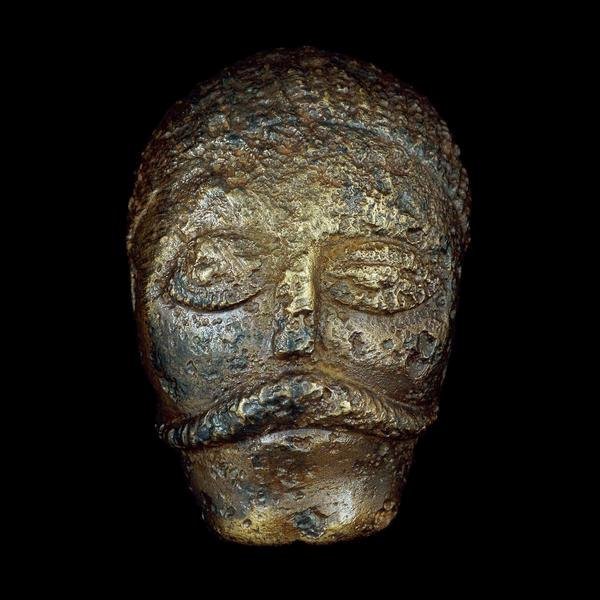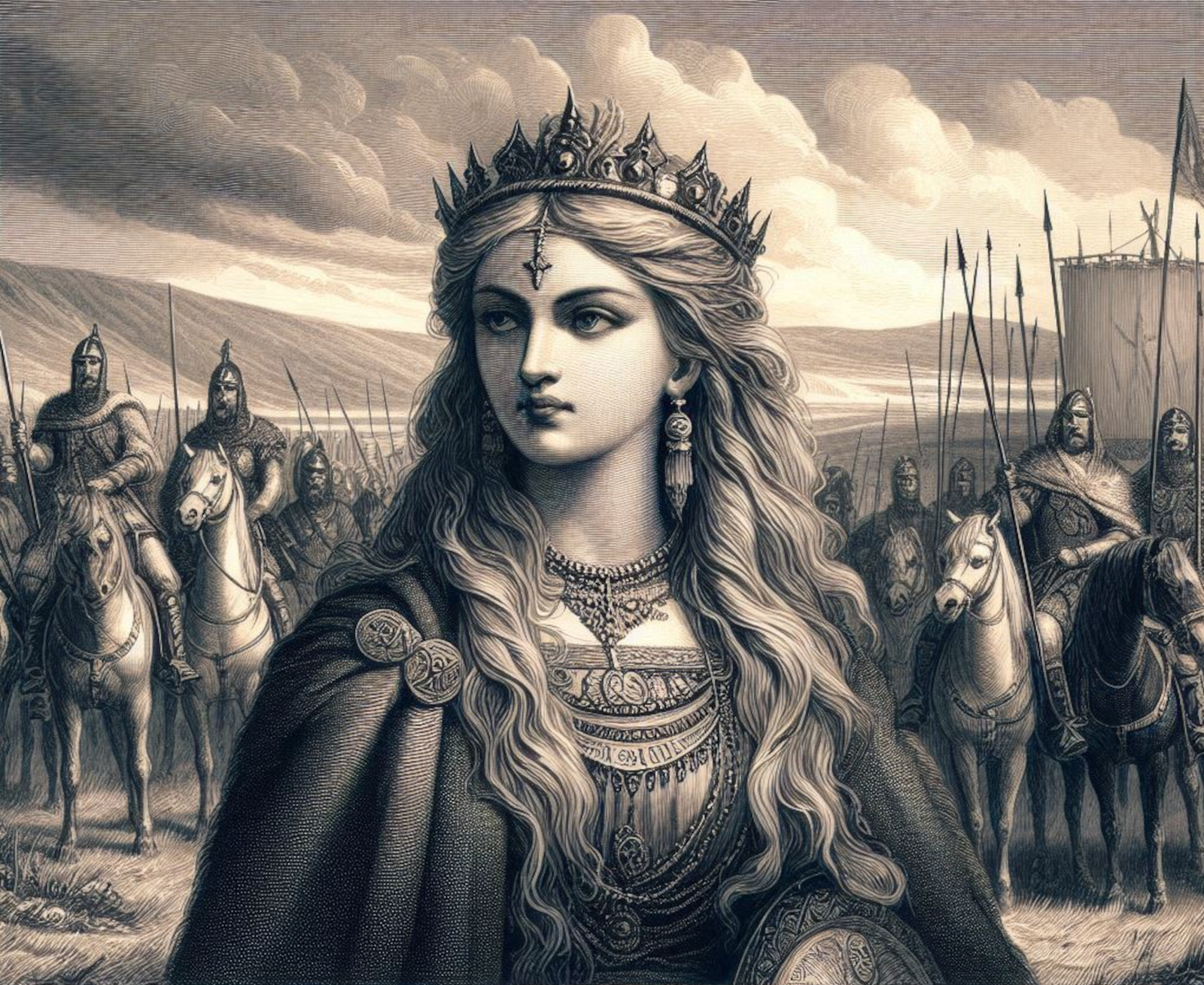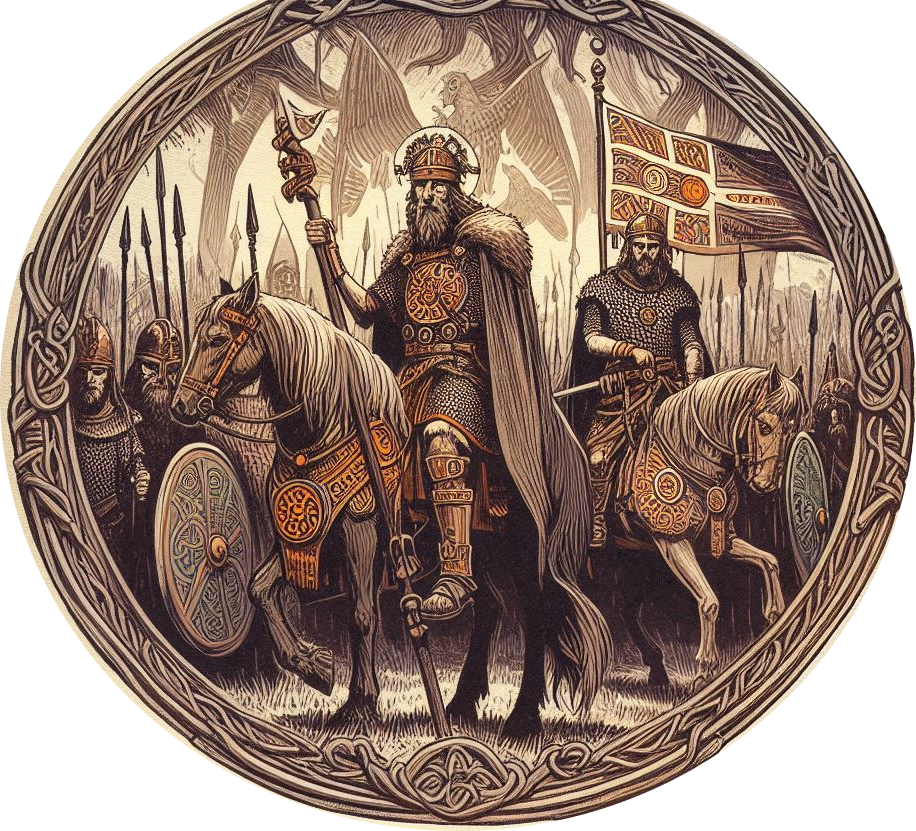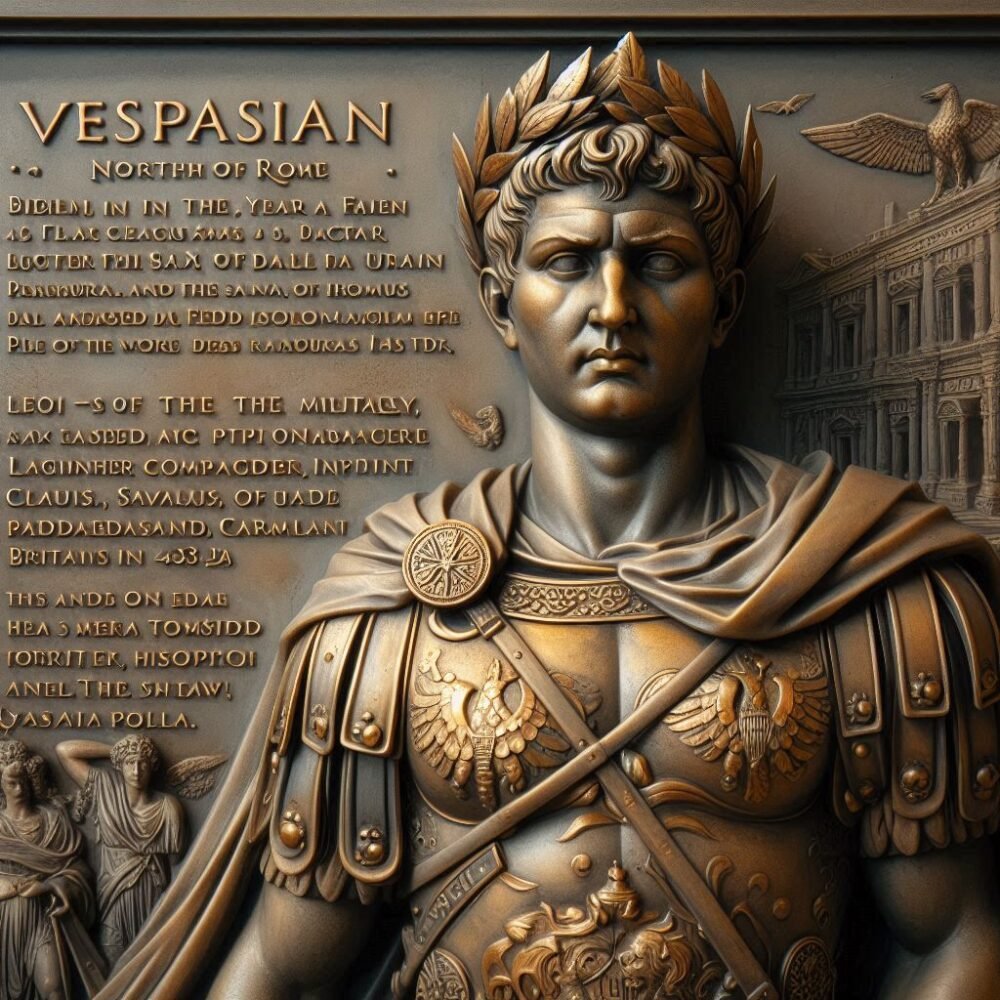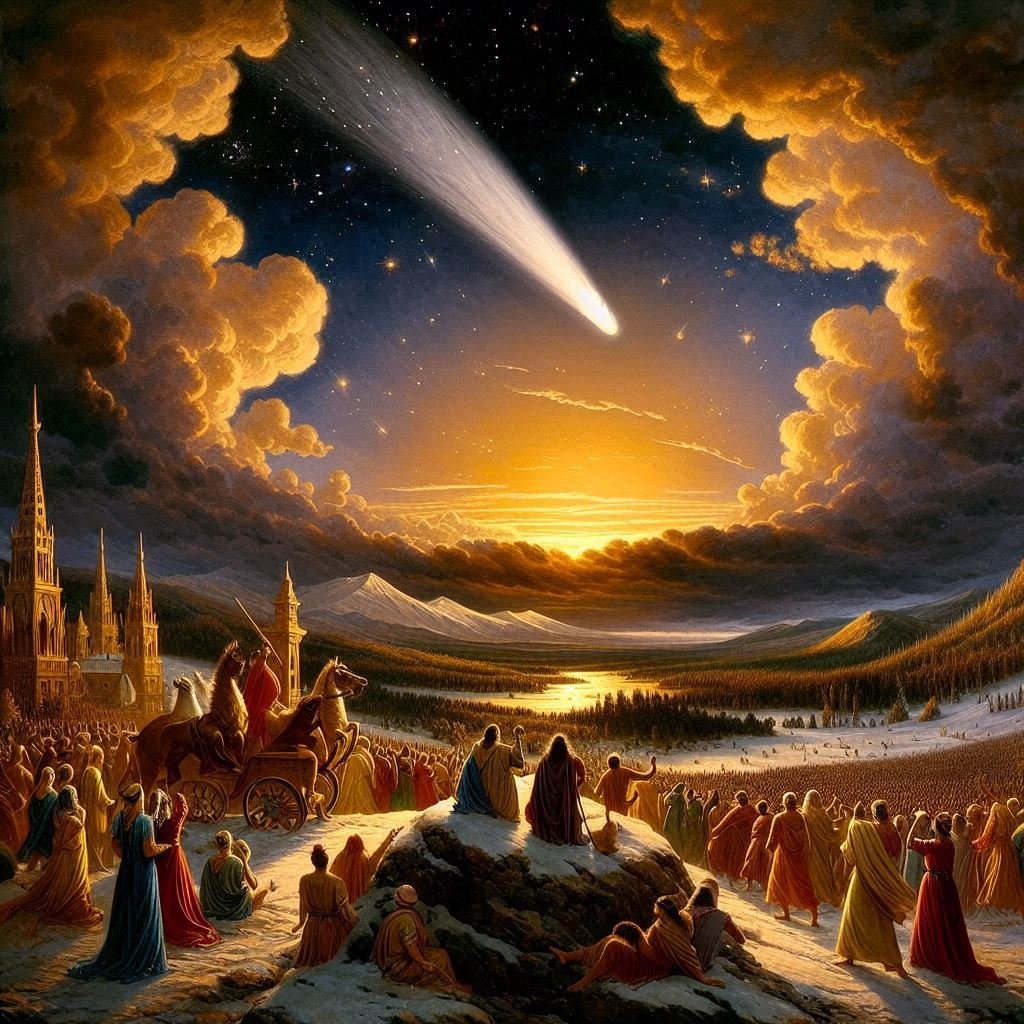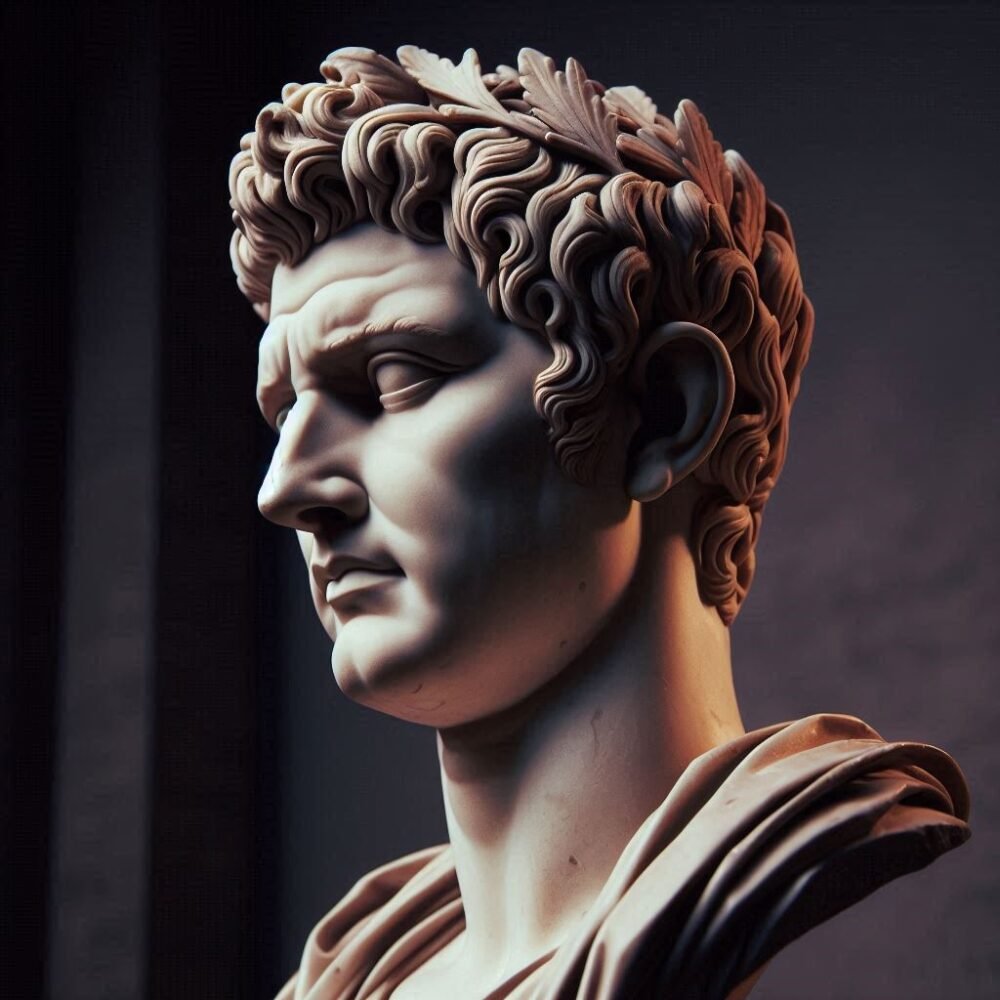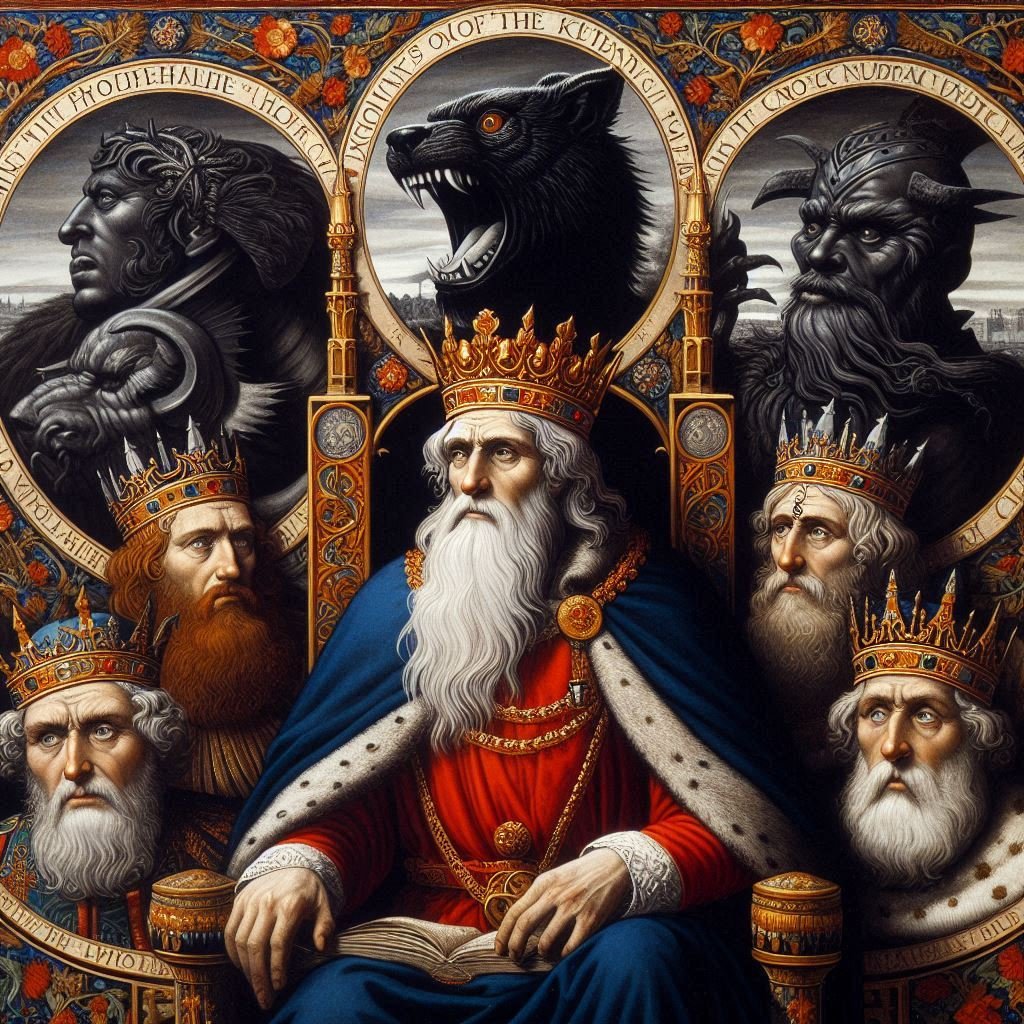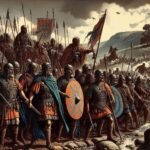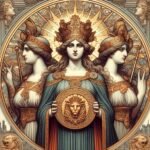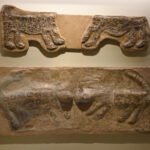The Druids and Druidism
Introduction
The religion of Druidism was unlike any other belief either Celtic or Roman. The Druids were considered to be enigmatic, mystical, magical – and resented. Originally they were a tribe in Gaul, and gradually developed over the years to become wanderers in Celtic society.
The people of the Iron Age did not understand nature or why events happened. Crop failures, infant mortality, the seasons were explained by putting any negative events down to ‘the will of the gods’. So anyone who was reputed to have unknown powers was treated with distrust.
The Druids were travellers, giving guidance and wisdom to the natives of the land. Even the name ‘Druid’ means ‘Knowledge of the oak’ and ‘Profound knowledge’. They were believed to be demigods, beings in human form who were somewhere between humans and the gods.
Their order was based on a strict hierarchy with an elected arch-druid. An election process that was known to degrade into physical confrontation between those involved, both as delegates and voters.
Caesar
They officiate at the worship of the gods, regulate public and private sacrifices, and give rulings on all religious questions. Large numbers of young men flock to them for instruction, and they are held in great honour by the people. They act as judges in practically all disputes whether between tribes or between individuals.
The druids were considered to be a tribe without a home, they did not pay taxes, or serve any country or tribe in war. As such, they attracted a very large number of young men as potential priests. To be admitted into Druidism involved a considerable amount of work. Candidates for admission had to learn vast quantities of information, which reputedly took many of them twenty years to absorb.
Caesar
The Druids believe that their religion forbids them to commit their teachings to writing… but I imagine that this rule was originally established for other reasons. Because they did not want their doctrines to become public property and in order to prevent their pupils from relying on the written word and neglecting to train their memories.
This was totally false, as the Celtic language did not have a written form. The only possible communication was the oral kind. To overcome this, the Druids recorded their teachings in poetic verse. This meant they could memorise their rituals, history, folklore etc. in a much easier form. It was not until much later in history that the Celtic language was committed to paper.
Druidism had another reason to be despised by both Celt and Roman. Both societies had rituals of sacrifice in their pagan religious ceremonies. But these only involved animals. The Druids practiced the sacrifice of humans. The Romans especially condemned this action as barbaric. Hypocritical, considering the Roman lust for blood and death in the arena.
Caesar
Those who are involved in disputes assemble here from all parts and accept the Druids ‘judgements and awards.’
The Romans had even more reason to want to see the Druids destroyed. The Druids were organisers , capable of bring Celt together with Celt in a united front against the Roman empire.
Druidism had three distinct levels of categories.
Bards were the recorders of history, poetry and the arts.Augurers took charge of the religious rituals, the sacrifices and were the soothsayers, foretelling the future.Druids were the spreaders of the religious word. Knowledgable of the law and philosophy, they were the ones who travelled amongst communities advising of issues and dispensing wisdom.
Druid rituals
One of the aspects in which Druidism was in great demand amongst Celtic society, was in the field of mystical and spiritual aid to the tribes.
If a tribe wanted their livestock to prosper and grow, they would ask the Druids to perform a particular ceremony. This involved the removal of a mistletoe plant from an oak tree. Even this action was ritualistic by cutting the mistletoe from the tree with a golden sickle and letting in fall into a white robe, thereby avoiding it coming into contact with human flesh.
Then two white bulls would be killed, while those assembled chanted prayers to the gods. The Celts believed mistletoe made into a drink could be fed to animals to make them more fertile and healthy, and was a universal cure for all poisons.


